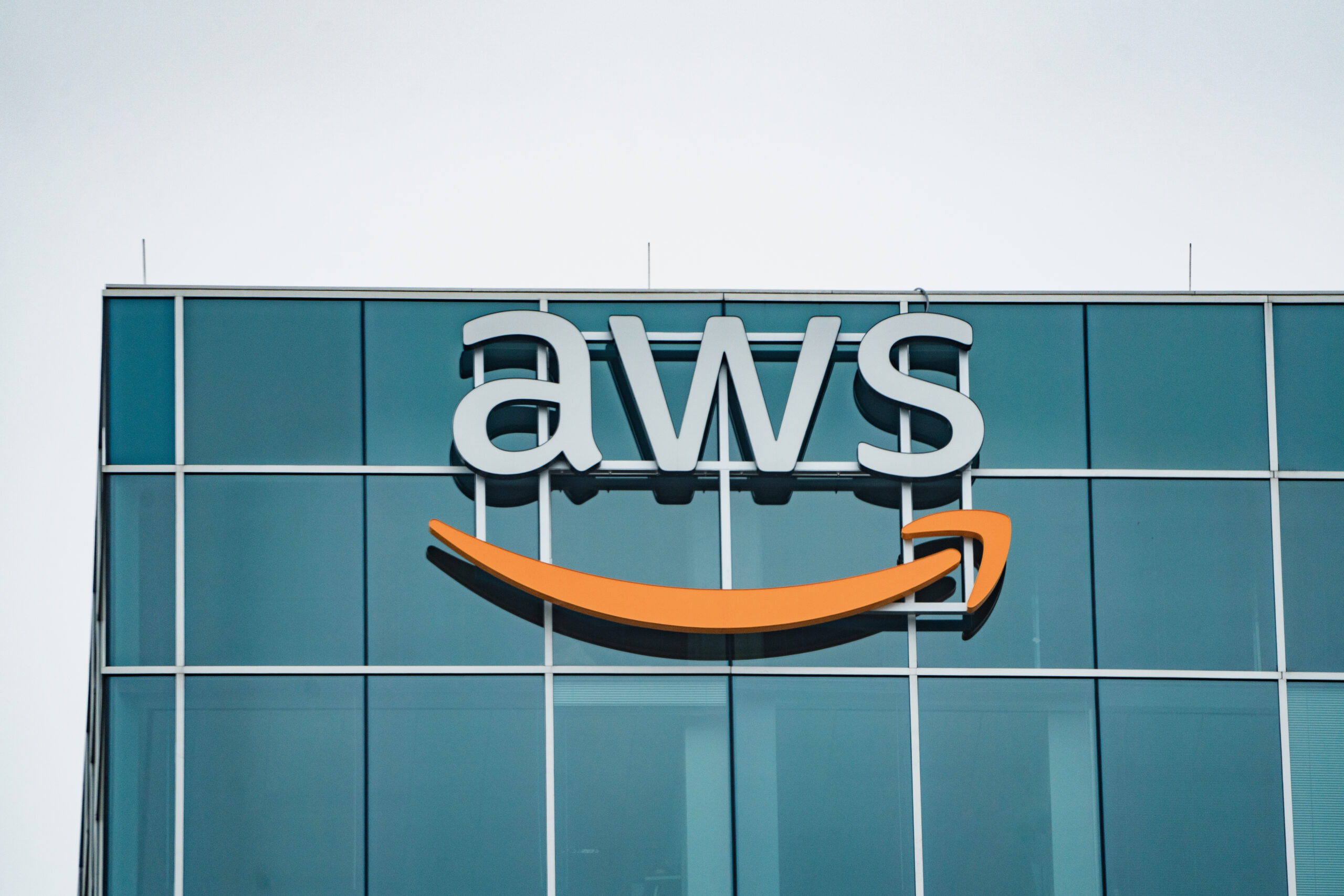Amazon Web Services (AWS) recently introduced the AWS Trust Center, a new online resource aimed at providing customers with a clear view of AWS’s security practices, compliance programs, and data protection measures. Designed as a one-stop destination, the Trust Center consolidates crucial security and compliance information, offering organizations greater transparency and confidence in their cloud security posture.
Security has been a top priority for AWS since its inception in 2006. The company has continuously evolved its infrastructure to exceed industry security standards and meet the needs of its customers—ranging from startups to large enterprises operating in highly regulated industries.
The launch of the AWS Trust Center underscores AWS’s ongoing effort to maintain and reinforce customer trust. This initiative makes it easier for organizations to access essential security insights, compliance certifications, and operational updates—all in one centralized location.
The Trust Center provides insights into AWS’s approach to securing cloud infrastructure, including details on physical data center protections, encryption standards, and security policies governing cloud services. Customers can explore documentation on how AWS safeguards their workloads and ensures robust data protection across its global network.
Businesses are increasingly transitioning from traditional on-premises ERP solutions to cloud-based systems. This shift is propelled by the need for flexibility, scalability, and cost-efficiency. Some research data indicates that this year will see more than 85% of organizations adopting a cloud-first strategy, with ERP solutions playing a pivotal role in this transition.
For organizations navigating complex regulatory environments, the Trust Center offers access to AWS’s compliance certifications and attestations. This resource is particularly valuable for businesses operating in sectors like finance, healthcare, and government, where compliance with global standards is crucial. AWS customers can use the Trust Center to streamline audits and demonstrate security best practices to regulators and stakeholders.
Understanding how data is secured in the cloud is critical for any business. Organizations prioritize cloud service providers that comply with recognized security standards such as ISO/IEC 27001 and ISO/IEC 27017. These certifications demonstrate a provider’s commitment to robust security practices, ensuring that they have implemented comprehensive information security management systems. The AWS Trust Center provides detailed information about AWS’s data protection mechanisms, including encryption policies and access control measures. It also outlines AWS’s zero-access design for services like AWS Key Management Service (AWS KMS) and Amazon Elastic Compute Cloud (Amazon EC2), which prioritize customer authorization and minimize operational risks.
Security is an ongoing process, and AWS ensures customers have access to real-time updates on security bulletins and service health status. The Trust Center serves as a hub for tracking security advisories, checking service availability, and reporting security concerns—all of which help organizations maintain operational resilience.
The AWS Trust Center is more than just an informational resource—it’s a tool designed to empower organizations to innovate securely. By providing easy access to security and compliance documentation, AWS aims to remove barriers that often slow down cloud adoption and digital transformation initiatives.
AWS has committed to continuously updating the Trust Center with the latest security advancements and best practices. As the cloud landscape evolves, so too will this resource, ensuring that customers always have the most up-to-date security insights at their disposal.
For businesses looking to strengthen their cloud security posture and navigate regulatory requirements more effectively, the AWS Trust Center represents a significant step toward greater transparency and trust in the cloud.
What this means for ERP Insiders
Tackling security concerns head-on is a smart move. Security concerns significantly impact the adoption of cloud-based ERP systems and other enterprise applications. Proactively establishing and improving transparency around security issues is a good move by AWS to get credit for all the investments the company has made and will continue to make in locking down its cloud offerings. One survey found that 59% of organizations identified security as a barrier to adopting cloud-based ERP systems. Also, the fear of potential data breaches is a significant deterrent, with 32% of organizations citing the risk of a security breach as a reason for not choosing cloud ERP solutions. The increasing frequency and severity of cyberattacks exacerbate these concerns. In the first half of 2024 alone, data breaches exposed 7 billion records, underscoring the potential vulnerabilities associated with cloud storage.
Takeaways for CISOs. AWS is betting that its Trust Center will enable CISOs to enhance their organizations’ security posture, ensure compliance, and foster a culture of secure innovation. CISOs and their teams can indeed access documentation on various security services and tools offered by AWS to help secure workloads within the cloud environment and learn about AWS’s zero-operator access designs and least privilege principles that govern data access. But keep in mind that AWS operates under a shared responsibility model, where AWS manages the security of the cloud infrastructure, and customers are responsible for security in the cloud. This means that while AWS provides a secure foundation, organizations must implement their own security measures for their applications and data. CISOs should ensure that their teams understand and act upon their responsibilities within this model. Also, the AWS Trust Center is a dynamic resource that evolves alongside AWS services and global compliance requirements. CISOs should regularly consult the Trust Center to stay informed about the latest security information, compliance certifications, and operational insights, ensuring that their organization’s security practices remain aligned with AWS’s offerings. While AWS supports numerous security standards and compliance certifications, organizations are responsible for ensuring that their use of AWS services aligns with their specific regulatory and compliance obligations. CISOs should leverage the resources and documentation provided in the Trust Center to integrate AWS’s controls with their internal compliance programs effectively. The Trust Center provides guidance on reporting vulnerabilities, security concerns, or abuse. CISOs should establish clear internal processes for monitoring AWS security bulletins and ensure that their teams are prepared to respond promptly to any incidents, utilizing the channels and procedures outlined by AWS.
How to address cloud security with cloud ERP providers. Several cloud ERP providers are distinguishing themselves by implementing advanced data and system security measures to protect sensitive business information. For instance, IBM offers Db2 on Cloud, a fully managed SQL database service emphasizing robust security features such as at-rest database encryption and SSL connections to protect data during storage and transmission, a 99.99% uptime Service Level Agreement (SLA) with rolling security updates, ensuring continuous protection without downtime, and a unified view of data across various platforms, facilitating secure and efficient data management. Also, leading cloud ERP providers are integrating confidential computing technologies to enhance data security. Confidential computing protects data during processing by utilizing hardware-based Trusted Execution Environments (TEEs), reducing the risk of unauthorized access. Companies like IBM, Microsoft Azure, and Google Cloud are integrating confidential computing into their services, offering enhanced security for cloud ERP systems. When selecting a cloud ERP provider, it’s crucial to evaluate their security features, including data encryption, compliance certifications, and advanced technologies like confidential computing, to ensure they align with your organization’s security requirements.






